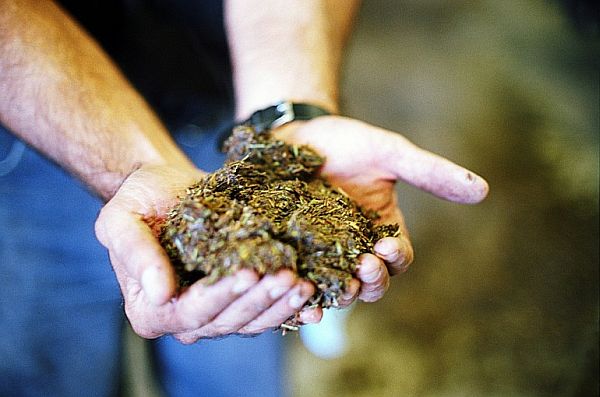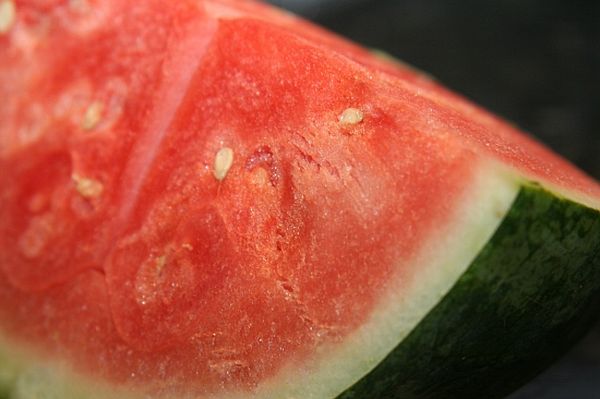
Risks of climate change, global warming and sporadic price hike of fossil fuels have forced people to think of alternative energy options across the world. That’s why the notion of production of bio fuel from waste is gaining currency these days. Scientists and researchers are working on many projects to harvest renewable fuel from anything that goes to the sewage. Worldwide efforts to fight carbon footprint have also augmented the endeavors to produce bio fuel options. In this article, we elaborate on the possibilities of producing bio fuel from waste. New trends in bio fuel production and its advantages are discussed in detail below.
Trends:
1. Waste cooking oil is turned to bio fuel for CyRide bus

A team of researchers at the Iowa State University has successfully converted waste cooking oil to bio fuel to run a custom-made CyRide bus. The team led by David Correll, a PhD student in ISUâs College of Business, collected waste cooking oil from the university dining halls and turned it into bio fuel. The idea worked great as bio fuel could run the bus, which was designed to consume alternative fuel.
2. Watermelon waste to be used in biofuel production

The idea of generating biofuel from crops and leaves has been there for a while. But some researchers have noted the specialty of certain food crops like watermelon in producing bio fuel. It is very effective to use the waste juice of watermelon to create bio fuel. According to the researchers, watermelon juice contains 10 percent ferment-able sugar and 35 percent umol/ml of free amino acid that can be fermented to bio ethanol in easy steps.
3. Biofuel production from food wastes gains momentum

Recently, national heads of the US and UK were ferried to one of leading climate conferences in limousines powered by bio fuel produced from plant waste. It was suggested to enhance the prospects of bio fuel production from waste food crops. Major objective of the method is that the world can save tons of thousands of food crops and as well consume waste in an organic way. Many countries of the world are making attempts to set up plants to produce bio fuel from food and other waste.
4. Biofuel from waste chocolate

A number of researchers have developed biodiesel from chocolate waste in Preston, United Kingdom. Completely turning down the claim of resultant food scarcity, the researchers have generated bio fuel from the chocolate waste. The new method will eliminate the accusation that bio fuel production will end up in huge food crisis.
The concept:
The very philosophy behind producing bio fuel from food waste is to preserve food crops. In the initial stages of biofuel production, researchers consumed food items like grains to generate bio fuel. But accusations stirred up against the usage of food crops given that it will result in huge food crisis. In such a situation, the idea of bio fuel production from food waste is earth-shattering, indeed. Moreover, researchers claim that more than 60 percent of carbon footprint can be reduced from the production of bio fuel from waste crops rather than the traditional methods of biofuel production.
The advantages:
No fear of food scarcity: If the traditional methods of biofuel production are followed, certainly the world will meet with an intricate food crisis. Consumption of waste foods and crops does away with the concern absolutely.
Better waste management: Though waste is an essential outcome of all human activities, managing the waste has been a great chore always. Through the consumption of waste foods to produce bio fuel, waste management becomes an additional advantage. Besides the waste from food corps, all degradable waste can be used in bio fuel production.
More efficient fuel and reduced carbon footprint: According to most researchers, the ultimate result of bio fuel production from waste foods is more efficient bio fuel and reduced carbon footprint. In the new method, most anxieties in the traditional ways of bio fuel production can be simply eradicated.
The impact:
There will be large influence in bio fuel production and consumption with the focus of bio fuel production gradually turning to waste food products. Along with bio fuel, the issues of carbon footprint and waste management can be better solved as we use waste food crops in the method. It is hoped that many more countries and researchers will show interest in technologies to produce bio fuel from abandoned food waste and others.




